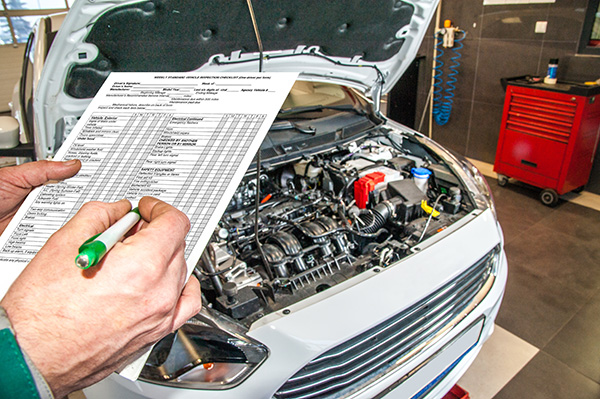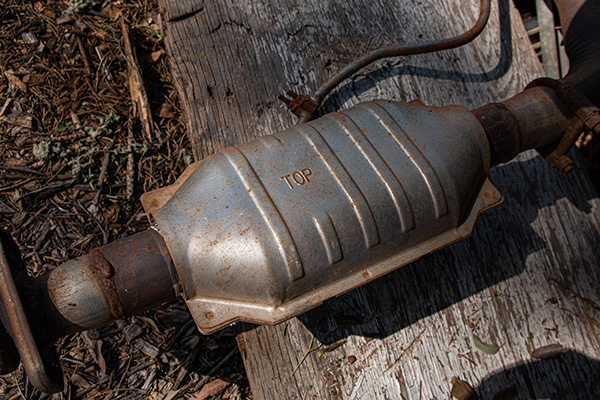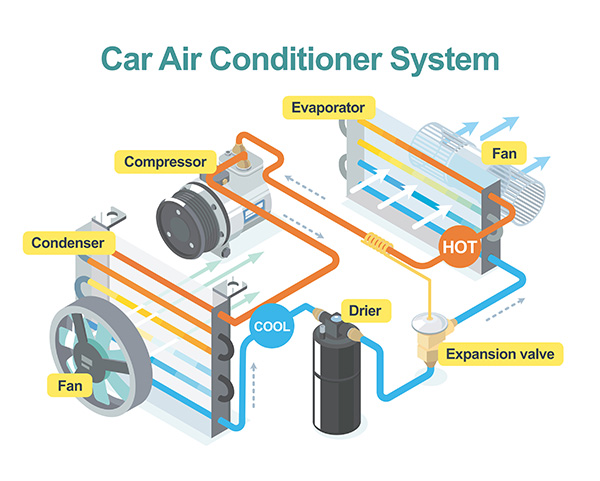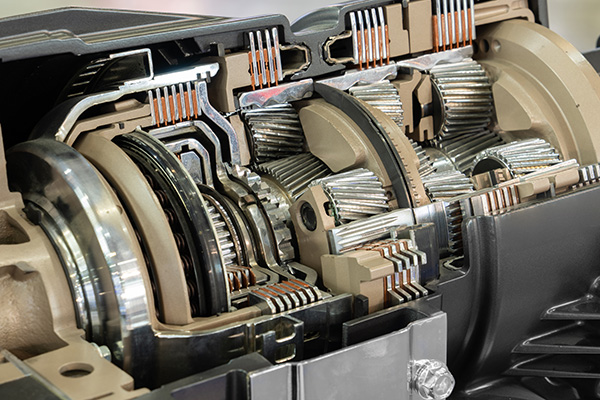Posted on 2/27/2026

A car can feel totally fine on short drives and still have one weak link that shows up the minute you start stacking highway miles. Long stretches of heat, higher speeds, extra weight from luggage, and repeated fuel stops all add stress. That is why a quick pre-trip check is worth doing before you leave. This is not meant to replace regular maintenance. It is a last look for common problems that are easy to miss day to day, but very good at ruining a trip when they fail. 1. Weak Battery And Slow Cranking A battery can be borderline and still start the car most mornings. You might notice slower cranking, dimmer lights at idle, or a weak start after the car sits for a few hours. Once you add road-trip stops, heat, and more electrical use, that weak battery can quit without much warning. Testing it before you go is usually faster than dealing with a no-start at a gas station. 2. Charging System Falling Behind An alternator can be losing output long b ... read more
Posted on 1/30/2026

That rotten-egg exhaust smell is hard to ignore. It can drift into the cabin when you park, hang around the back of the car, and make you worry something is about to fail. Some drivers notice it only once in a while, and others notice it every time they drive. Either way, it’s a smell that usually means your emissions system is dealing with something it does not like. The smell most people describe comes from sulfur compounds in the exhaust. Modern fuel contains small amounts of sulfur, and the catalytic converter is supposed to process those compounds. When the process is not happening correctly, you can get that sharp odor. Why That Smell Shows Up in the First Place The catalytic converter converts harmful gases into less harmful ones. When everything is working, sulfur compounds are handled without creating a strong odor. When the converter is overw ... read more
Posted on 12/19/2025

You hit the A/C button, hear a little click under the hood, and wait for that blast of cold air. When the compressor is healthy, it all happens so smoothly that you barely notice. When it starts to fail, though, the system usually gives you a few subtle hints long before it stops cooling completely. Why the A/C Compressor Matters More Than You Think The compressor is the heart of your A/C system. Its job is to pressurize the refrigerant and push it through the condenser, lines, and evaporator so heat can be pulled out of the cabin. If it cannot build the right pressure or it stops engaging, the rest of the system has nothing to work with. Inside the housing are pistons or scrolls, valves, and seals that rely on proper lubrication and correct refrigerant charge. Once those parts start wearing out, you get poor cooling, strange noises, or intermittent operation. From our side of the bay, most “no cold air” complaints on hot days involve the compressor or s ... read more
Posted on 11/28/2025

Holiday drives stretch attention, compress schedules, and pile on dark hours behind the wheel. Fatigue does not always feel like “sleepy.” It often shows up as slower reactions, sloppy lane placement, and missed cues. Here is how tired driving changes risk and what you can do to keep focus steady on long trips. Why Long-Haul Fatigue Creeps In Extended sitting lowers circulation and core temperature. Cabin heat and steady engine noise relax the body, while nighttime driving reduces visual detail and forces your eyes to work harder. Big meals and sugary snacks create energy highs followed by dips. We often see drivers underestimate how much the highway hypnotizes them after just a couple of hours. The Subtle Driving Errors Fatigue Causes Tired drivers fixate on the center of the lane and stop scanning mirrors. Braking becomes late and firm instead of smooth and early. Micro-corrections fade, so the car drifts toward reflectors, then snap ... read more
Posted on 10/31/2025

A healthy transmission should shift smoothly, hold gears without slipping, and respond the same way every day. When things start to feel off, the warning signs are usually small at first. You might notice a delayed engagement when shifting from park to drive, a flare in engine speed between gears, or a new sound that was not there last month. Catching these clues early keeps repair costs down and helps you avoid a tow. Here are five problems we often see, how they show up, and what you can do about them before they turn into major work. 1. Delayed Engagement After Selecting Drive or Reverse You move the shifter, a second passes, then the vehicle finally moves. That delay is your first hint of low line pressure or an internal seal that is not holding pressure like it should. Cold mornings make this more noticeable because fluid is thicker. If the delay grows longer over a few weeks, or you need more throttle to get moving, have the fluid level and condition checked s ... read more